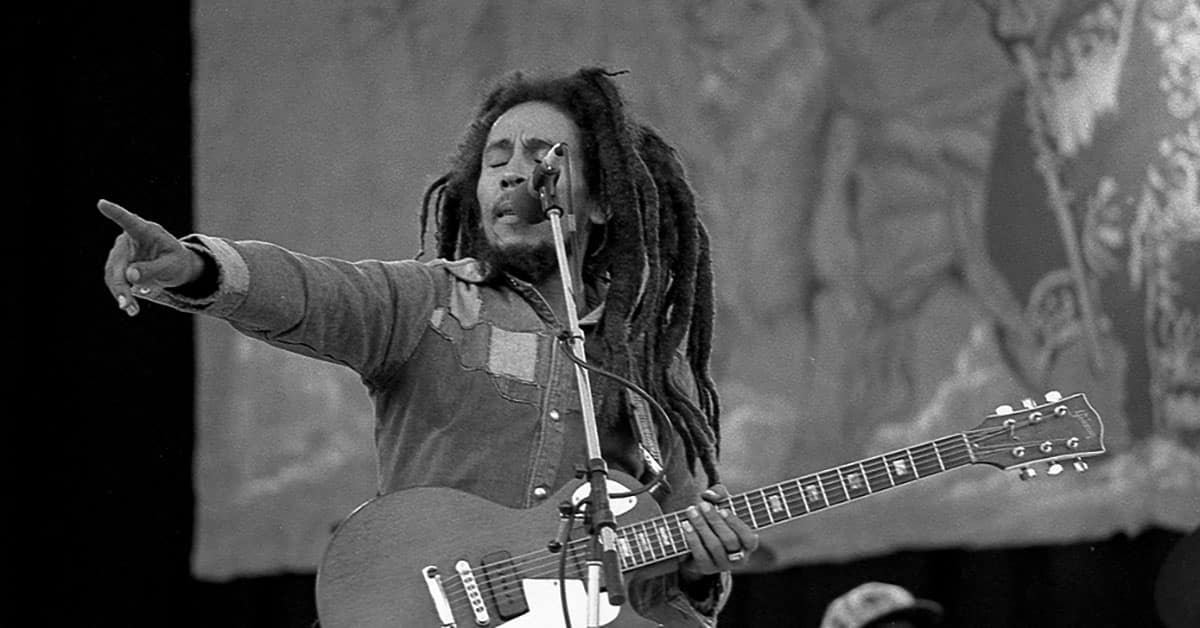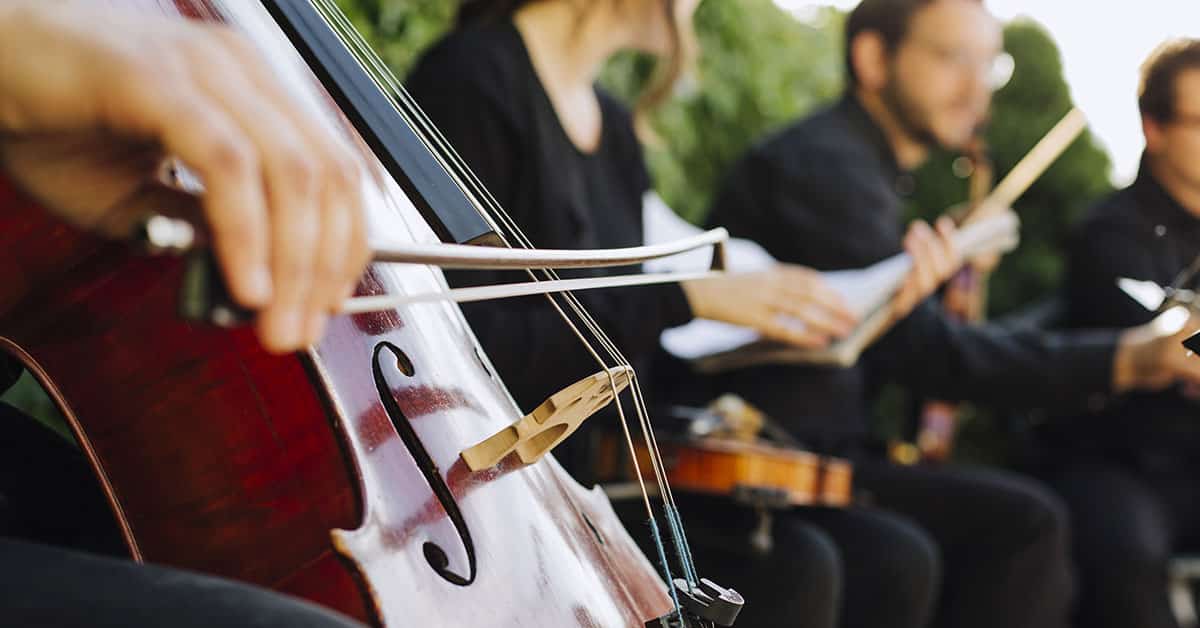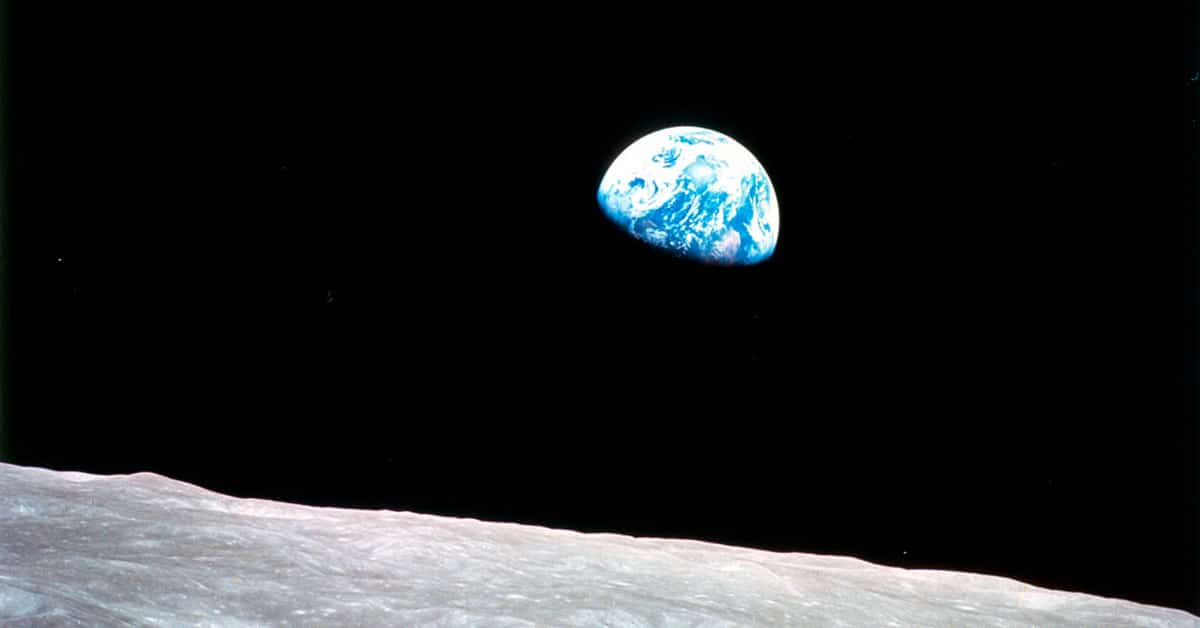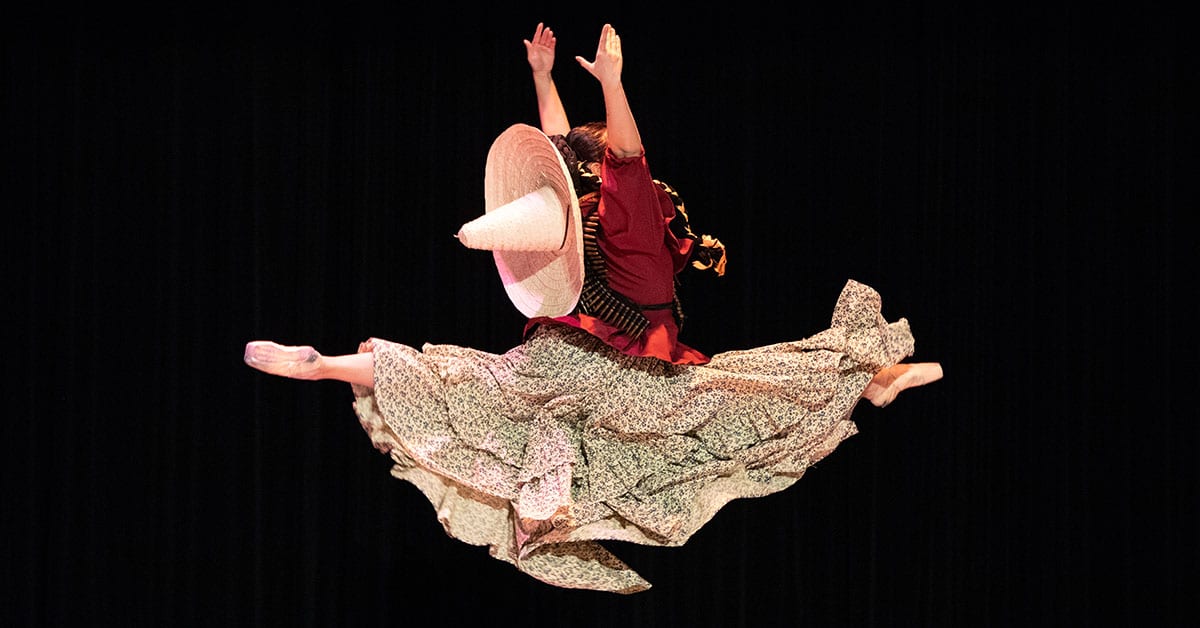Bob Marley "One love, one heart, let's unite"
Bob Marley News
Bob Marley was born in Nine Mile, Saint Ann Parish, Jamaica; February 6, 1945.
Bob Marley represented a loveBob Marley was more than the brightest reggae star. His message was unity, democratic reform and equal opportunity for all.
Jamaican politicians tried to use it. He refused. When one of the political parties had him shot, Marley let it go - even though he knew who had done it.
Then he brought the parties together on stage. What a great man.
Marley's reggae influenced many who followed him. His music will live forever. But what he stood for was bigger than the man or his music.
Key albumsOne Love (1965) made Marley a rising reggae star.
"No Woman, No Scream" from Live! was Marley's international breakthrough.
Rastaman Vibration (1976) was his breakthrough in the United States.
Legend (1984) is the best-selling reggae album of all time.
For those who think reggae isn't Latin, okay. But reggae has a silent clave, the central rhythm of Cuban rumba and the root of much Latin music. Jamaica is a small island, but a big cultural influencer. Reggae influenced rock, punk and reggaeton.
For those who think Jamaica isn't Latin, okay. But the indigenous Jamaicans were the first people in the Caribbean from about 4000 to 1000 BC, the "Redware people" from about 600 AD, and the indigenous Taíno from about 800 AD. The Spanish colonizers took over from 1509 to 1655. Then the English arrived. The colonizers steal everything, including our culture and our identity.
Jamaica was liberated in 1962, but underneath all this colonial mess, we are indigenous and Afro-Caribbean people mixed with Europeans. To escape the colonizers, we fled to the countryside where we mixed. As Marley taught, we are one love.
Reggae is the root of reggaeton. This urban mix of Jamaican and Latin traditions was brought to Panama by the Jamaicans who completed the Panama Canal. Local bus drivers (Wawas) used reggae as pregones (selling songs). The Panamanians brought that to New York. El General (Tu Pum Pum) noticed that audiences got more excited when he sang in Spanish than in Jamaican Patois. Puerto Ricans brought it to the caserios (public lodgings) of Puerto Rico where it expanded on mixtapes. Reggaeton then spread to the Caribbean, notably to Medellin, Colombia. It's Latin reggae.
Latin Reggae Music | Jamaican

Bob Marley was born in Nine Mile, Saint Ann Parish, Jamaica; February 6, 1945.
Bob Marley represented a loveBob Marley was more than the brightest reggae star. His message was unity, democratic reform and equal opportunity for all.
Jamaican politicians tried to use it. He refused. When one of the political parties had him shot, Marley let it go - even though he knew who had done it.
Then he brought the parties together on stage. What a great man.
Marley's reggae influenced many who followed him. His music will live forever. But what he stood for was bigger than the man or his music.
Key albumsOne Love (1965) made Marley a rising reggae star.
"No Woman, No Scream" from Live! was Marley's international breakthrough.
Rastaman Vibration (1976) was his breakthrough in the United States.
Legend (1984) is the best-selling reggae album of all time.
For those who think reggae isn't Latin, okay. But reggae has a silent clave, the central rhythm of Cuban rumba and the root of much Latin music. Jamaica is a small island, but a big cultural influencer. Reggae influenced rock, punk and reggaeton.
For those who think Jamaica isn't Latin, okay. But the indigenous Jamaicans were the first people in the Caribbean from about 4000 to 1000 BC, the "Redware people" from about 600 AD, and the indigenous Taíno from about 800 AD. The Spanish colonizers took over from 1509 to 1655. Then the English arrived. The colonizers steal everything, including our culture and our identity.
Jamaica was liberated in 1962, but underneath all this colonial mess, we are indigenous and Afro-Caribbean people mixed with Europeans. To escape the colonizers, we fled to the countryside where we mixed. As Marley taught, we are one love.
Reggae is the root of reggaeton. This urban mix of Jamaican and Latin traditions was brought to Panama by the Jamaicans who completed the Panama Canal. Local bus drivers (Wawas) used reggae as pregones (selling songs). The Panamanians brought that to New York. El General (Tu Pum Pum) noticed that audiences got more excited when he sang in Spanish than in Jamaican Patois. Puerto Ricans brought it to the caserios (public lodgings) of Puerto Rico where it expanded on mixtapes. Reggaeton then spread to the Caribbean, notably to Medellin, Colombia. It's Latin reggae.
Latin Reggae Music | Jamaican
What's Your Reaction?















![Three of ID's top PR executives quit ad firm Powerhouse [EXCLUSIVE]](https://variety.com/wp-content/uploads/2023/02/ID-PR-Logo.jpg?#)







